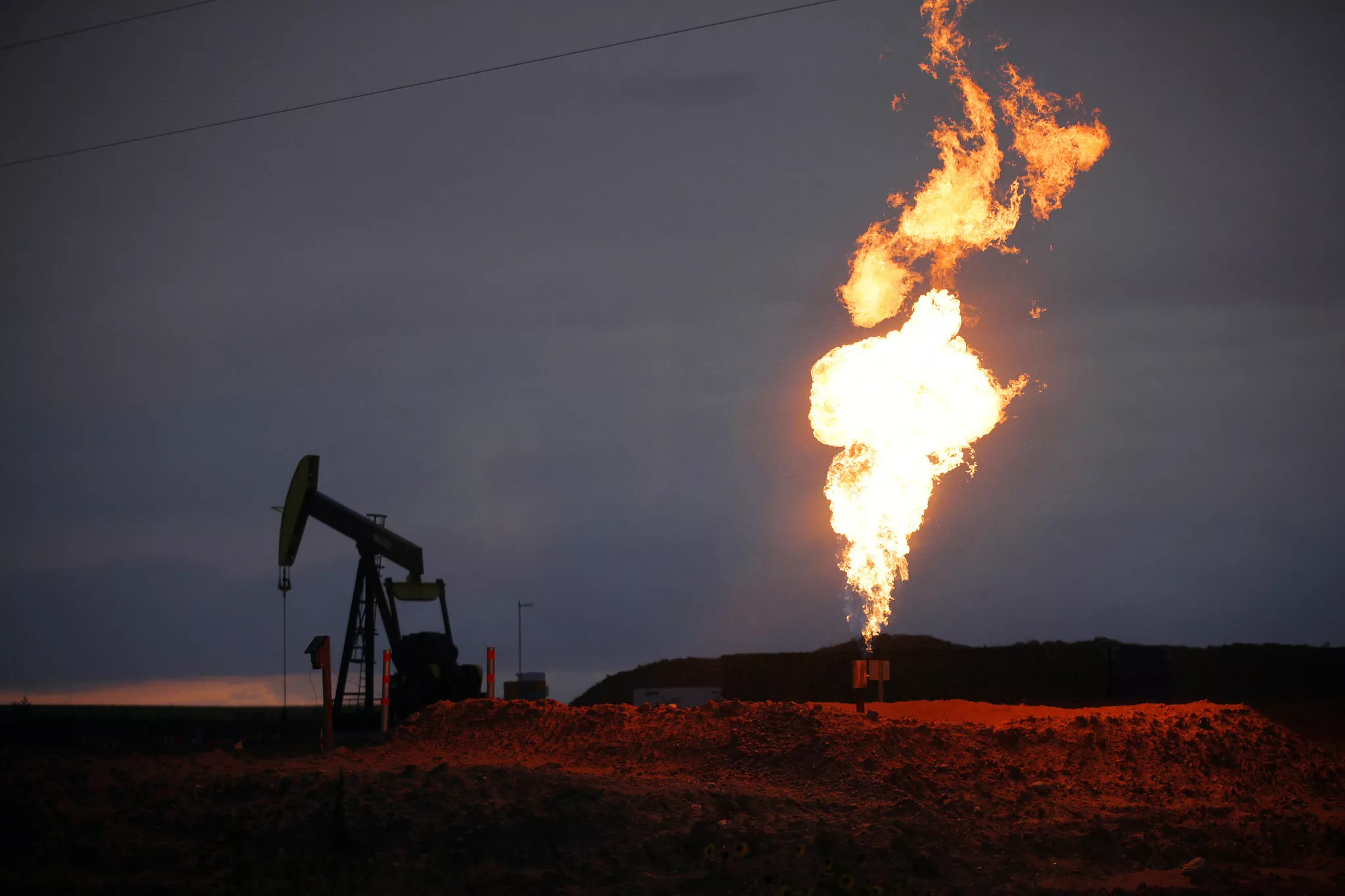Global hedge funds recorded their largest increase in Asian trading activity in five years last week, according to a recent Goldman Sachs report. Between June 6 and June 12, bullish positioning in Asia reached its highest level since September 2024, surpassing bearish bets.
The report, released Friday and obtained by Reuters on Tuesday, showed that hedge funds were actively buying and selling short positions. Specifically, funds increased stock purchases in Japan, Hong Kong, Taiwan, and India, while shorting Chinese stocks.
Asian Markets Gain on Trade Optimism and Political Changes
Asian stock markets continued their strong rally in June amid renewed optimism from high-level trade talks between China and the United States held in London. These talks raised hopes for easing tensions in the ongoing trade war.
Additionally, South Korea’s recent election of a pro-market president helped attract capital inflows into the region. Market observers also pointed to the ongoing trend of de-dollarization, seen as a hedge against a weakening dollar, which has further supported Asian markets.
Investor Shifts Toward Undervalued Asian Markets
Kier Boley, co-head and chief investment officer of alternative investment solutions at UBS, explained the investor mindset: “If you’re an international investor, you might start to turn to your home market or to undervalued Asian markets.”
Strong Performance of Asian Stocks This Year
The MSCI Asia Pacific Index has gained 2.5% so far in June, with South Korean and Taiwanese stocks leading the rally. Since April 7, the index has surged 24%, driven by a 90-day pause on U.S. tariff hikes and positive signs from trade negotiations.
Hedge Funds’ Growing Exposure to Asia
Over the past five years, Asia’s share of total hedge fund exposure tracked by Goldman Sachs has increased to 9%, placing it 94th globally in terms of exposure rankings, the report said. This rise highlights the growing importance of Asian markets in hedge funds’ global strategies.































